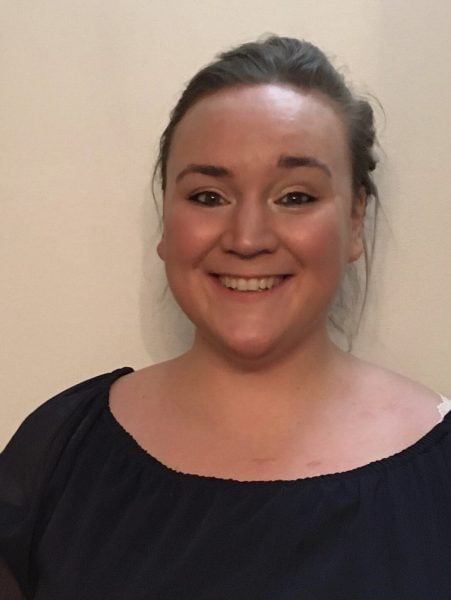It started when I took a critical thinking class where I learned how irrational many of my, and most people’s decisions, are. Many hold a misconception that we are rational creatures that we weigh pros and cons of each choice and choose the option that has the most utility. I was immediately fascinated that this is not the case; decisions are influenced by biases, environment, emotions, fatigue, and more. As an undergraduate, I conducted a blind experiment that measured the impact of reading a free will philosophy pamphlet on behaviors such as stealing candy and donating money. (Those who read the pamphlet that suggests we don’t have free will are more likely to steal candy and not donate money!) After learning how little we make rational decisions —without even being aware— I understood the potential the field of cognitive science has for helping people.
My interest in teaching allowed me to take many powerful lessons from my Masters’ degree in Applied Cognitive Science and share them with students when I was a visiting professor at Finlandia University. This position opened my eyes to how instructors can empower students through teaching. From this experience, I gained a passion for and concrete skills in how to be a professor.
Under the advisement of Dr. Erich Petushek, my current Ph.D. research at MTU involves identifying, measuring, and improving key factors that impact healthy lifestyle decisions. Lifestyle behaviors cause 60% of premature deaths and lead to 10 years longer life expectancy free of major chronic diseases. I hope that the long-term impact of this research is saved lives and a significant improvement in quality of life.
It is my goal to become a professor in psychology. As a professor, I can empower students to reach their potential and lead a lab devoted to helping people make good decisions. I am so grateful and honored to receive the King-Chávez-Parks Future Faculty Fellowship. I know it will help pave my way toward my goal.
